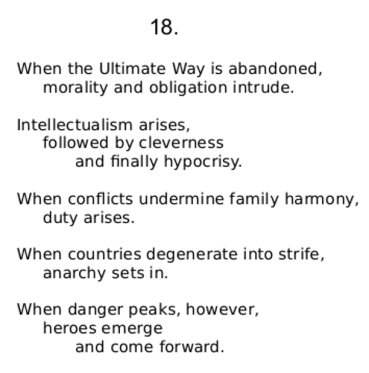I identify with Jack Kornfield‘s stories about the hard work between leaving everything behind and coming to a bit of self-knowledge and calm. In the 1960s, walking away from an unhappy childhood in a troubled American society, he sought out Asian teachers via the Peace Corps and apprenticed himself to Buddhist masters.
However, a warning maxim sums up what he quickly learned: “Wherever you go, there you are.”
When Kornfield – a senior founder of the mindfulness movement – sat in a far away jungle monastery practicing meditation, he didn’t experience bliss. Instead, what came forward was a powerful mix of painful emotions – buried disappointment, fear, rage, and hatred – triggered by memories of an abusive father which he’d failed to heal earlier.
His experience confirms another cautionary maxim. As I was warned early on, best not expect quick results from introspection. “It’s hard to remember you’re here to clean out the swamp when you’re up to your ass in alligators.”

I wrote about my own personal challenges in Rethinking Survival:
Rethinking Survival is a hybrid. It’s part memoir. But far deeper, it’s the stuff of a paradigm shift. It voices the aspirations which everyone shares in common. But it also fingers the false assumptions that too often tie us in paralyzing knots.
Inevitably, shadow issues to face were embedded within the wonderful opportunities I’ve been granted.
Each opportunity that presented itself contained within it an opposite and equal challenge to divest myself of limiting myths and misconceptions. Yogis compare the process to peeling away the layers of an onion. The Taoist I Ching scholar translated by Thomas Cleary described it as stripping away artificial veneers of cultural conditioning to restore the original True Self. Another source likens the process to the Herculean task of cleaning out the Aegean horse stables.
Further:
The same friend who told me about neatsies also reminded me about R.D. Laing’s Knots.2 Undetected assumptions wrapped in twisted logic can tie people in knots. They act like a life-draining cancer. False beliefs can drive people crazy, even to acts of criminal violence. We agreed about the dangers of living a lie, as if there were no options. This is how individuals (then dysfunctional families and nations) self-destruct.
One benefit of respecting the wisdom to be found in ancient cultures is this: Those who lived simply, close to nature, remind us of timeless truths which we as complicated urban dwellers have forgotten. Asians seeped for thousands of years in the I Ching understood much that harried moderns dearly need to recover.
For example, Confucius understood the primary importance of personal responsibility:

Though stated in reverse order in the Tao Te Ching, Lao Tze also held that the world is necessarily changed one person at a time, and from the inside out:

With this in mind, I had mixed emotions about the recent American election. In Clarion Call I wrote:
Perhaps deeper than the President-Elect consciously knows (or even needs to), his words ring true across the full continuum of the Life Wheel. BUT: here is the danger . . .
Many people, due to a host of unfortunate circumstances, live primarily on the shallow surface of the Life Wheel. They haven’t the depth to recognize or respect what, for whatever reason, they’ve forgotten. Worse, some, unintentionally or otherwise, live at odds with inner truth. They will continue to spin, distort and attempt to delegitimize DJT’s victory . . .
They will definitely stir up unnecessary conflict to destabilize the world, as if to prevent his best intentions from coming True.
Today, looking back with the advantage of hindsight, I shake my head. What a noble but sadly mistaken approach, to focus on ending corruption on a national scale, while individual hearts, families, communities and states are, for the most part, alligator-infested swamps.
Current events reinforce earlier my conclusion:
Changing the world, especially in dangerous times, is an overwhelming prospect. It’s also unnecessary. No matter how much is going wrong “out there,” the manageable unit that’s one’s first responsibility to change is the one closest to home: oneself.
Our best hope is, still yet, to think small. Begin with one’s self.
Yes, taming one’s inner alligators is hard work. Very hard. But it’s infinitely worth it.

From LinkedIn. Tony Ayaz Business Trainer. Thanks Patricia for useful intellectual thought, good post. As usual deep thought in relevance to contemporary world trauma, the mental health of nations and its people and the balance needed with mindfulness and wisdom of simple natural minds, I quote your quote below. “Confucius understood the primary importance of personal responsibility.”
LikeLike